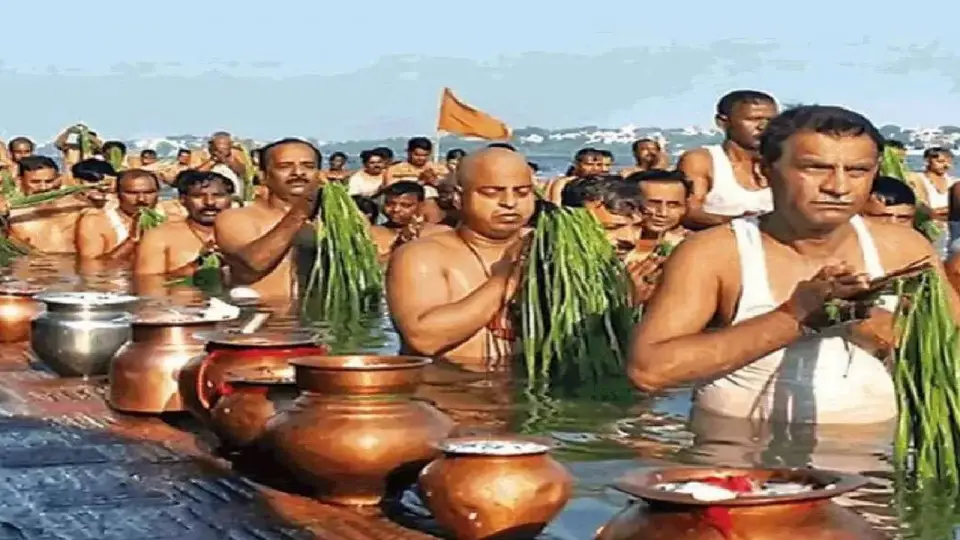
HINDU
Regional News: There is a proverb in western Uttar Pradesh, Kanagat comes and the reeds bloom, and the Bhambans have nine bamboos! Kanagat means Shraadh Paksha, which usually falls in September and by then the monsoons start to leave. The experience of farmers also tells us that when the reeds start to bloom, understand that the monsoons have left. During Shraadh Paksha, every Hindu householder remembers his ancestors and the Bhambans (those who take and eat donations) become happy thinking that now they will get many invitations.
Well, this is a joke in accordance with the nature of Indian society which is popular among people. But the day for remembering ancestors is fixed in Indian Hindu society and other religious societies of the world. Even in Russia, China and Korea. How can any society forget the hard work, dedication and continuity of its ancestors.
Only in Hindu society there is more pomp and show. Pitri Paksha lasts for 16 days. And on the date on which any householder's parents or grandparents passed away, he arranges a feast for a Brahmin. The Brahmin makes him perform the puja as per rituals and on that day the favorite food items of the ancestors are prepared. These are fed to the Brahmin, dog, cow and crow.
Although there is no scientific answer to this ritual. Nor can it be said that by feeding in this manner, his dead parents were satisfied. Because the one who is dead has no existence left. But on this pretext, we express gratitude towards our dead parents and forefathers on that day. Similar methods of expressing gratitude towards ancestors are also prevalent in Christians, Muslims, Jews and many tribal societies.
When we celebrate the birthdays of our heroes, keep public holidays on their birthdays, then the purpose behind it is the same. To show respect to them and to pay tribute to them by a grateful nation. Even if that ancestor did not get much respect while he was alive, but after his death he gets full respect. In most places one thing is heard, Jiyat na deenhe kaura, maart uthaven chaura!
That is, the Indian society organizes a death feast even when the ancestor dies, whom they did not serve while he was alive, even did not provide him food, water and medicines on time. Every year, a Brahmin feast is organized during the Shraddha Paksha. But today this has become a ritual in the Indian society and the original feeling behind it has vanished.
Muslims of India, Pakistan, Bangladesh also have a tradition of remembering the dead and expressing gratitude towards them. They also do a lot of charity. Some people do Quran Khwani (reciting Quran) in the memory of their dead ancestors. However, their ancestors do not end after death. They stay in the grave and wait for the Doomsday, when Allah calculates their sins and virtues. They pray to Allah for peace and heaven for the dead soul.
The family members mourn for three days. The widow of the deceased mourns for Iddat (four months and ten days) and does not meet anyone except the family members. The fourteenth-fifteenth night of the Islamic month of Shaban is celebrated as Shab-e-Raat. On this night, Muslims light the graves and pray for their ancestors.
Christians celebrate ALL SOULS DAY and on this day they visit the graves of their ancestors and clean and decorate them thoroughly. They pray for the peace of the departed souls. They also light candles on the graves. They also ask for forgiveness from their ancestors for their mistakes. On 11 November at 11 am, REMEMBERANCE DAY is celebrated in the United Kingdom, Australia, New Zealand, Canada, South Africa etc. countries in memory of the martyrs who sacrificed their lives in the First World War.
This is also a way of expressing gratitude towards our ancestors. In our country too, Balidan Diwas is celebrated on 30th January in the memory of Mahatma Gandhi. The tradition of remembering one's ancestors is very old in the Christian community too. People celebrate this festival with full devotion.
Pitru Paksha does not mean a fortnight but a ceremony of remembrance. Ching-Ming in China, Obon or Ban festival in Japan are symbols of this. When Obon festival comes, the Japanese people believe that their ancestors come home on this day. Therefore, they decorate the house beautifully on this festival, spread fragrance and scatter rice all around. They also visit the graves of their ancestors. There, this festival comes in July-August.
Whereas in China, Ching-Ming festival falls in April. On this day, Chinese people go to the graves of their ancestors and place food there. There is a tradition of celebrating Jaisa festival in Korea. There too, a lot of charity is done on the death anniversary of ancestors according to the date of the lunar month. A bed of rice is made and the family members stand in front of that bed with their heads bowed.
There is a tradition of honoring the dead ancestors in the indigenous society of Africa and South America. They have the practice of sacrifice. They do not believe that their ancestors are dead. In their tradition, the ancestor has simply disappeared from our eyes. But he is watching everything. That is why sacrifice is done in his honor. The indigenous people of America believe that it is necessary to preserve the arts, language and rituals of the ancestors. That is why they remain dedicated to their traditions.
After Columbus discovered North America, Europeans arrived here in large numbers. They massacred the natives because they did not agree to give up their original traditions under any circumstances. The number of people who survived in the reserve areas there is very small. They still follow their traditions today.
In India, people of Hindu society usually go to Gaya in Bihar and offer prayers to their ancestors on the banks of the Falgu river. Similarly, offerings to ancestors are made at the Triveni Sangam in Prayagraj, Narayani Shila in Varanasi, Haridwar and Badrinath and Rameswaram. People also offer prayers to their ancestors at Gangotri and Pehowa near Kurukshetra.
It is believed that by offering tarpan at these places, the ancestors attain salvation and they are freed from the cycle of birth and death (rebirth). But all these are beliefs and traditions that have been going on for thousands of years. People believe in them and avoid doing any auspicious work during Pitru Paksha. Sharadiya Navratri begins after the end of Pitru Paksha (from the full moon of Bhadon to the new moon of Kwar). Auspicious works start from that day.
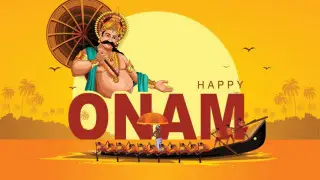
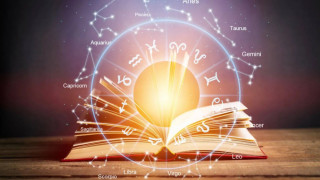
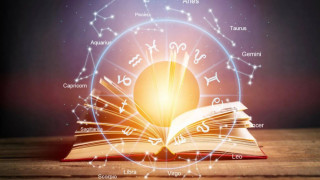

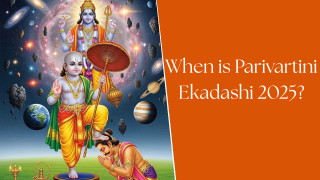








Copyright © 2025 Top Indian News
